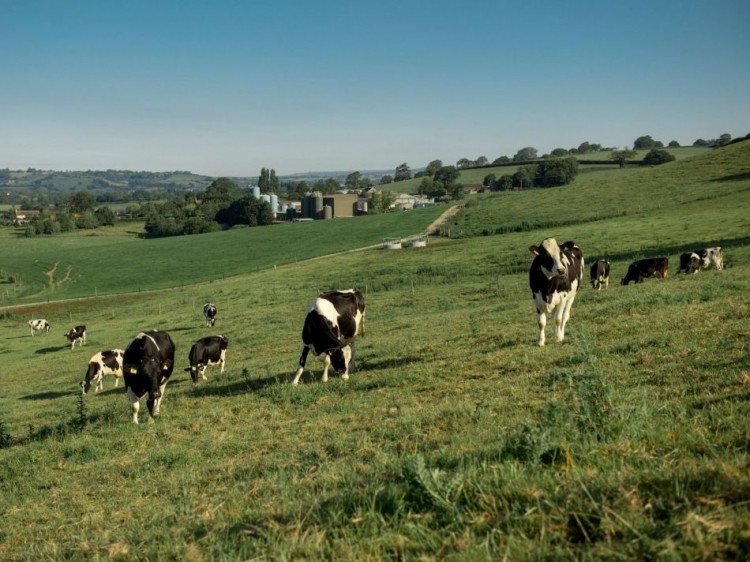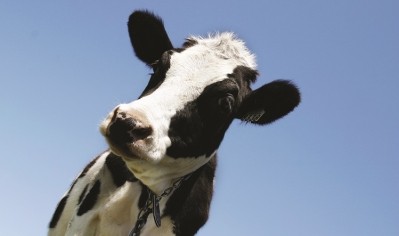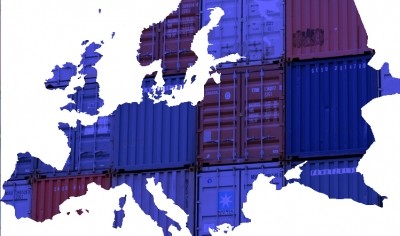News
Dairy industry repeats calls for Code of Conduct

In a joint letter led by Food Ethics Council executive director Dan Crossley to Secretary of State Thérèse Coffey, industry stakeholders (see box below) urged the Government to publish a strong Code as soon as possible.
Ministers announced plans for a ‘fairer’ dairy supply chain in February 2021, with the promise of a new statutory Code of Conduct for the dairy sector. However, this has yet to materialise.
While the letter admitted that some farmer-processor relationships worked well, imbalances of power still exist within the dairy supply chain that have put immense pressure on farmers.
‘Abusive practices’
“We have heard first-hand stories of abusive practices and unfair clauses in contracts, which are unacceptable and must be stamped out,” said Crossley. “It is increasingly vital that we listen to and support our local farmers – the ‘heart of our rural economy’ – to thrive.
“Unfairness within the supply chain not only impacts farmers’ wellbeing, but also limits the abilities of farmers and others to take necessary steps toward building a resilient, more climate and nature friendly sector.”
The letter heralded the code as a vital opportunity to build more positive relationships based on fairness, transparency, cooperation and sustainability across the dairy value chain. This extended to the general public, who should have access to good quality dairy products that has been fairly produced.
“As the then Minister said back in 2021, the new statutory Code of Conduct will seek to ‘provide a guiding framework, establishing minimum standards but also providing businesses with the flexibility to adapt contracts to their individual circumstances’,” Crossley continued.
Mechanisms for enforcement
“With skyrocketing input costs putting dairy producers under even greater pressure than before, this Code is urgently needed, as is having the right mechanism for enforcement, with appropriate ‘teeth’.”
The letter acknowledged the Government has faced many global challenges – not least the COVID-19 pandemic and Brexit – but insisted they should not be used as an excuse for, as yet, failing to publish the Code.
“I am sure you will join us in our ambition of striving for food and farming that is fair for people, planet and animals,” Crossley concluded, “We want those working in the sector to flourish, the country to be more resilient to future shocks, the sector to contribute to net zero and environmental targets, and the public and future generations to benefit.”
Joint letter signatories
Dan Crossley, Executive Director, Food Ethics Council
David Barling, Professor of Food Policy and Security, University of Hertfordshire
Jonny Crickmore, Chair, Raw Milk Producers Association
George Dunn, Chief Executive, Tenant Farmers Association
Tali Eichner, Policy Manager, CSA Network UK
Jyoti Fernandes MBE, Campaigns and policy coordinator, Landworkers’ Alliance
Alice Groom, Head of Sustainable Land Use Policy (England), RSPB
Vicki Hird, Head of Sustainable Farming, Sustain: The alliance for better food and farming
Patrick Holden, CEO, Sustainable Food Trust
Martin Lines, UK Chair, Nature Friendly Farming Network
Tom MacMillan, Elizabeth Creak Chair in Rural Policy & Strategy, Royal Agricultural University
Gareth Morgan, Head of (Farming and Land use) Policy, Soil Association
Sue Pritchard, Chief Executive, Food, Farming and Countryside Commission
Pete Ritchie, Executive Director, Nourish Scotland
Jimmy Woodrow, Executive Director, Pasture for Life
















